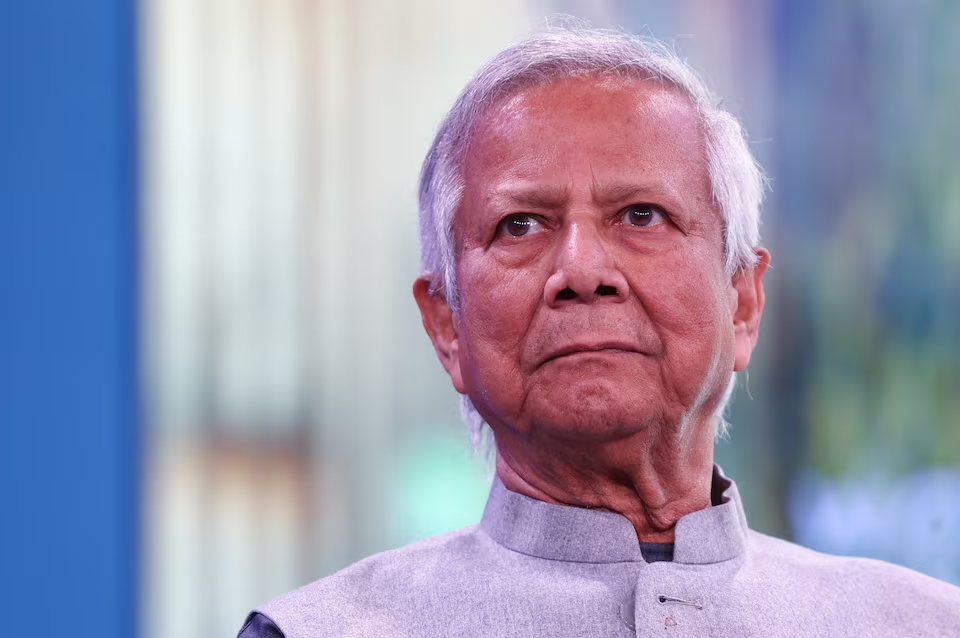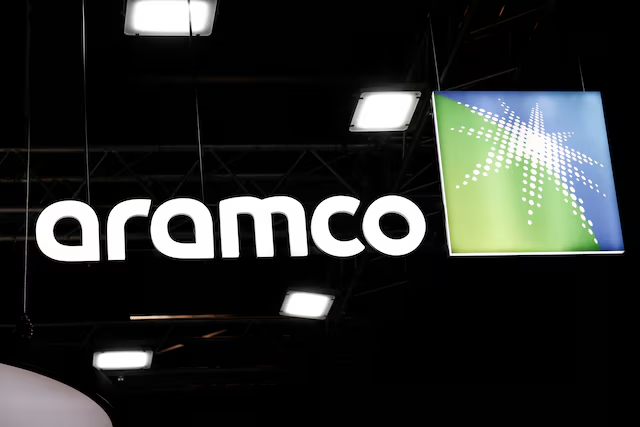Dozens of European media editors and press freedom advocates have signed a petition condemning the Hungarian government’s proposed legislation targeting foreign-funded media outlets, warning that it poses a direct threat to independent journalism and democratic values. The petition, published on Tuesday, May 20, 2025, calls on the European Union to take immediate action against what signatories describe as “a dangerous escalation of censorship” in Hungary.
The legislation, put forward by the ruling Fidesz party led by Prime Minister Viktor Orbán, would require all media organizations receiving more than 20% of their funding from foreign sources to register as “foreign-influenced entities” and disclose their funding origins in all publications and broadcasts.
“This bill is an attack on the free press and an attempt to silence dissent by branding journalists as foreign agents,” said the petition, signed by editors from major European outlets including Le Monde, Der Spiegel, El País, and Politico Europe.
Press Freedom in Peril
The move mirrors legislation previously adopted in countries such as Russia and Georgia, which has drawn international criticism for stigmatizing civil society and suppressing independent voices. Critics argue that Hungary’s proposal is part of a broader pattern of media consolidation, judicial weakening, and authoritarian drift under Orbán’s leadership.
“Labeling media outlets as foreign agents is a classic tactic used to delegitimize journalism,” said Jean-Michel Boissier, editor-in-chief of Libération. “This is about power, not transparency.”
Hungary has already been ranked among the lowest in press freedom within the European Union by organizations such as Reporters Without Borders (RSF) and Freedom House, and the proposed bill could further isolate the country from EU democratic norms.
Government Defends Proposal
Hungarian government officials argue that the bill is necessary to ensure transparency and protect against foreign interference, especially in the media sector.
“Our sovereignty must be defended against outside influence, whether from Brussels, Washington, or Soros-funded NGOs,” said Fidesz lawmaker Zoltán Kovács, referencing billionaire philanthropist George Soros, often a target of Orbán’s nationalist rhetoric.
The legislation has already passed its first reading in the Hungarian Parliament and could become law within weeks unless blocked or revised.
EU Response and Regional Fallout
The petition calls on the European Commission to launch infringement proceedings and consider financial penalties under the rule-of-law mechanism if Hungary enacts the law. Some EU officials have indicated that the proposal may breach fundamental rights guaranteed under the EU Charter of Fundamental Rights.
“The European Union cannot be a silent bystander while one of its member states dismantles media freedom,” said an EU diplomat speaking on condition of anonymity.
The issue also risks widening the divide between Western EU members and Central/Eastern European countries, several of which have also adopted restrictive media or NGO laws in recent years.
Editorial Solidarity and Call to Action
The signatories of the petition have urged other journalists, media owners, and the public to join the protest. They also plan to submit the statement formally to European Commission President Ursula von der Leyen and European Parliament President Roberta Metsola.
Media freedom watchdogs warn that if the Hungarian law passes without consequence, it could embolden other governments in the region to introduce similar legislation.
“What happens in Hungary doesn’t stay in Hungary,” said RSF’s Europe director Pavol Szalai. “This is a test of Europe’s commitment to defend democratic values at home.”
As the petition gains momentum and international attention grows, all eyes are now on Brussels — where the EU’s willingness to protect media freedom in one of its member states will soon be put to the test.
Source; Reuters



